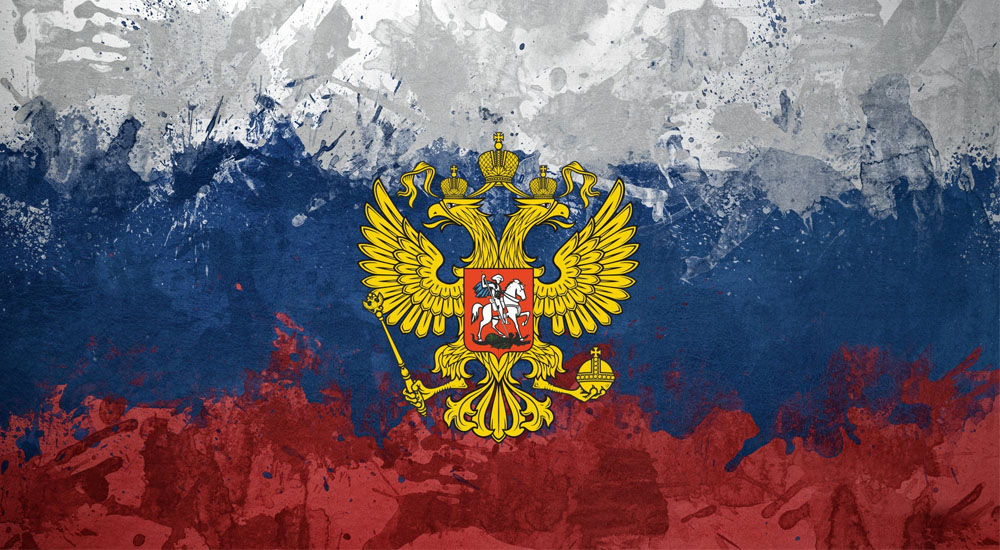Earlier this week, President Donald Trump ordered the expulsion of 60 Russians diplomats and their families from the U.S. as tensions between the White House and Kremlin increase after numerous ploys to infiltrate domestic systems and meddling with Western allies. After Canada and the EU countries of the U.K., Germany, France, Denmark, Italy, Poland, Lithuania, the Netherlands, and the Czech Republic have also moved towards expelling Russian diplomats after the poisoning of a former spy in Britain, Russian President Vladimir Putin has began calling back his nation’s diplomats as a reciprocal measure.
The White House announced that 12 people identified as Russian intelligence officers stationed in New York at the United Nations will have seven days to leave the county with their families, according to the New York Times. Furthermore, the Trump Administration has closed the Russian consulate in Seattle due to its proximity to a U.S. naval base to alleviate the possibility of further hacking or additional cyberattacks.
The White House released a statement which said, “Today’s actions make the United States safer by reducing Russia’s ability to spy on Americans and to conduct covert operations that threaten America’s national security.”
The move was to purge the country of Russian actively engaging in intelligence operations in the U.S. after Russian-led cyberattacks interfering with the domestic power grid, financial firms, and, most controversially, the election system in the U.S. The mass expulsion is also an act of solidarity and strength in standing with NATO allies as coordinated efforts including sanctions attempt to stave off Russian interference in Western nations.
After the poisoning attack on British soil, Prime Minister Theresa May announced that Britain will expelled 23 Russian diplomats and join in with the U.S. to impose sanctions. Poland has announced that it will send off several Russian diplomats and Germany, France, and Canada will expel four within the next week.
The Kremlin, however, has maintained that it had nothing to do with the poisoning of former Russian double agent Sergei Skripal and his daughter Yulia.
Tensions with the West are ratcheting up as Moscow also expelled 60 U.S. diplomats in a retaliatory move and has also indicated that diplomats and staff from the aforementioned countries will be moved back to Russia.
On Thursday, in a “tit-for-tit” expulsion measure, the American consulate in St. Petersburg was shutdown, sending back dozens of U.S. diplomats. Last year, Putin also ordered staff numbers to be cut by 755 at the U.S. embassy and consulates as tensions flared over Kremlin’s interference in the 2016 presidential election.
Putin also blasted the “provocative” actions from 10 Downing Street as the Foreign Ministry in Moscow has called for diplomatic and technical staff at the British embassy to be reduced to same level of the U.K.’s within one month according to a Friday statement reported by Bloomberg. The Kremlin summoned U.K. Ambassador Laurie Bristow to protest her country’s “provocative and absolutely unjustified actions” in securing coordinated international expulsions of nearly 130 Russian diplomats this week over poisoning attack weeks ago.
Konstantin Kosachyov, head of the foreign affairs committee of the Russian upper house of parliament, reportedly commented on the escalating matter that the move by the West, “looks not so much like a cold war than a fight without rules.” He added, “One in which the bully himself complains when he gets a taste of his own medicine.”
Although the unprecedented nature of the reciprocal expulsions marks a low point in U.S.-Russia relations since the early 1990s, the decisions by Germany, France, and Canada to only expel a handful of diplomats shows that some European nations may be willing to work with Putin to resolve conflicts.
“The Kremlin is confident that it could reach a deal with Europe if not for the malicious influence of the U.S. and U.K.,” said Valery Solovei, a political scientist at the Moscow State Institute for International Relations.
President Trump has gained back political ground after he was criticized for congratulating Vladimir Putin on winning his fourth consecutive term as Russian president. Trump enjoyed bipartisan praise after his aggressive moves to hit Russia with sanctions, expel dozens of Russian diplomats and staff, and close the Seattle consulate.

